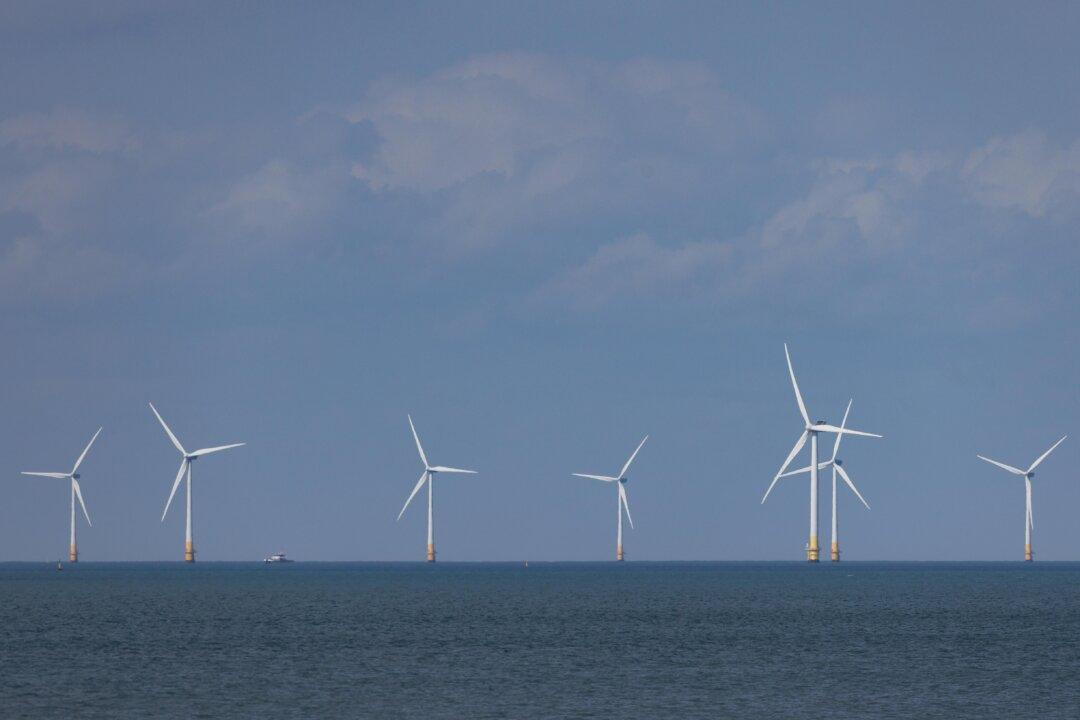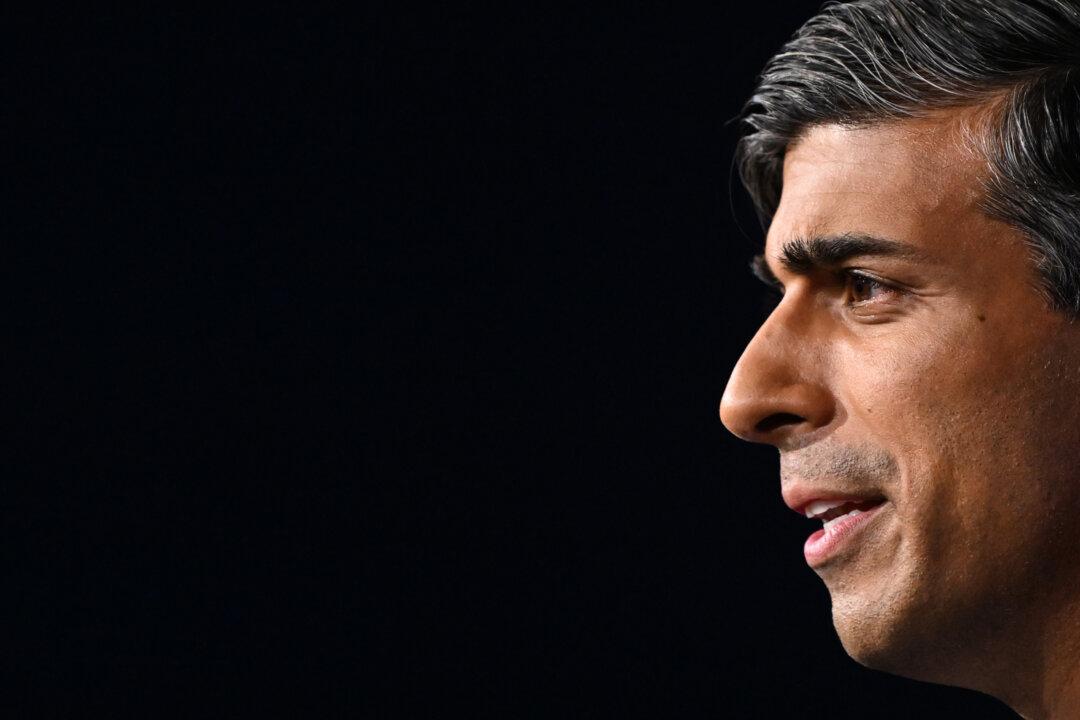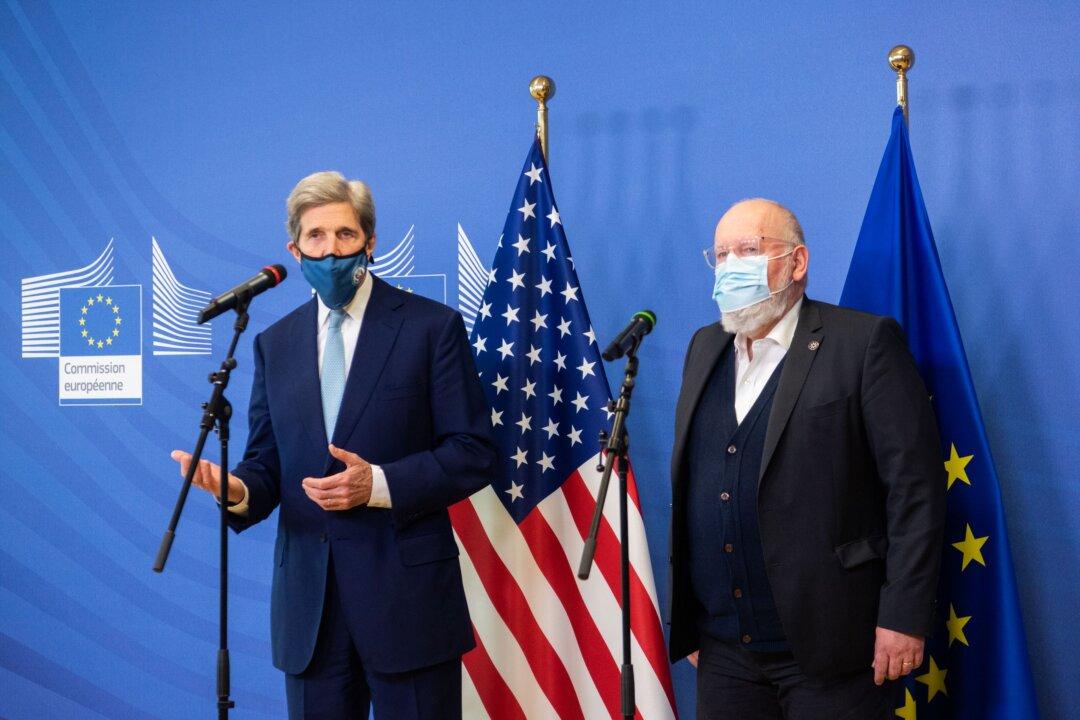Commentary
“We’re all Keynesians now,” Richard Nixon reportedly said in 1971 before ushering in a decade of high inflation. In the twilight of his premiership, Boris Johnson’s chief political legacy to the Conservative Party is likely to be cakeism—the political philosophy that denies the existence of trade-offs and asserts that you can have it all. And nowhere does that apply more than his embrace of net-zero, which has been embraced by virtually all the Tory leadership candidates.





